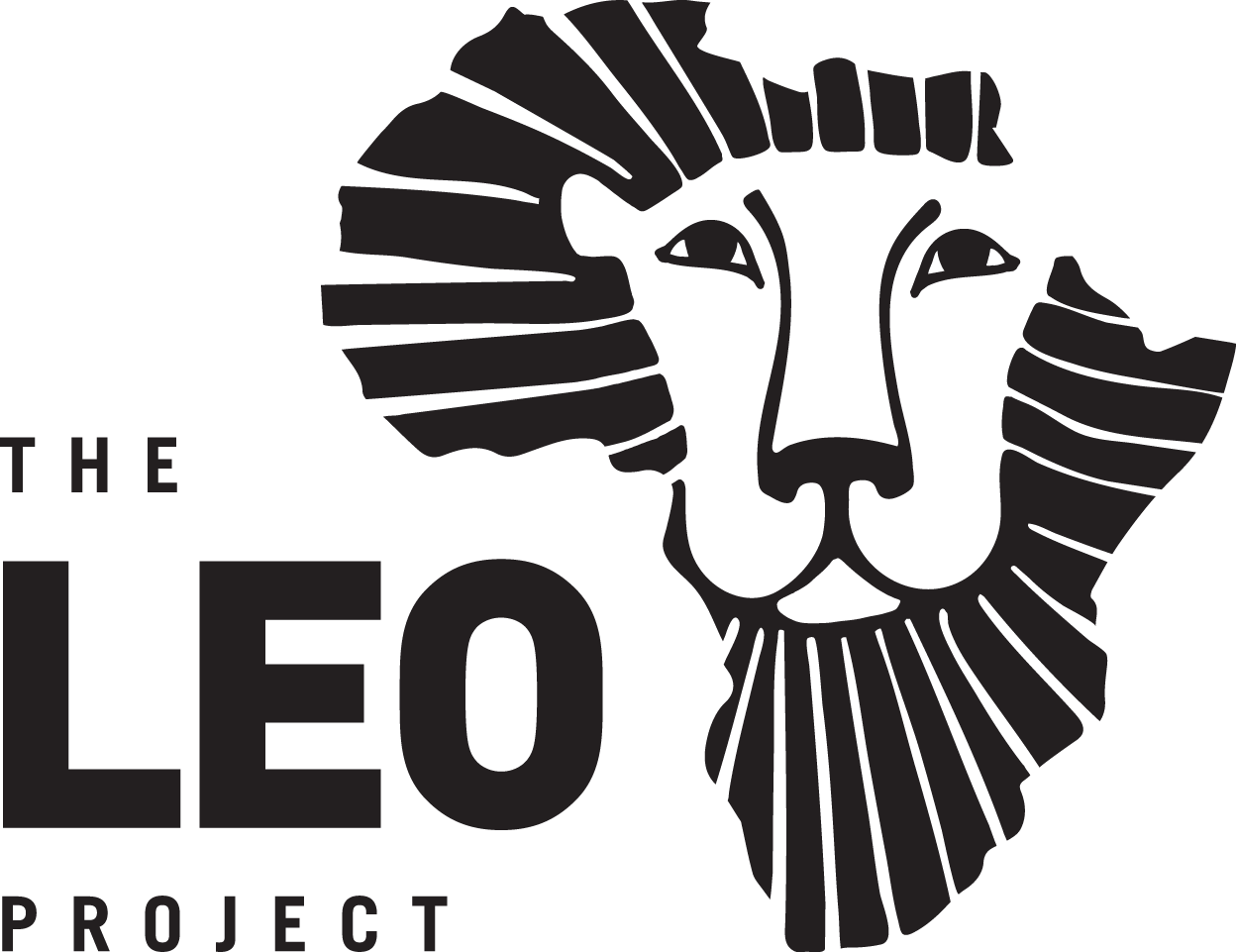BRIDGING THE CANCER CARE GAP IN KENYA
Cancer is emerging as one of Kenya's most pressing public health challenges, with over 42,000 new cases and 27,000 deaths annually (UNFPA, 2023). Both men and women face significant risks, with breast and cervical cancers leading in women, and prostate and esophageal cancers most common in men. Yet, the country’s healthcare infrastructure struggles to meet the growing demand, with fewer than 50 oncologists for over 55 million people (The ASCO Post, 2021) and12 institutions providing radiology services, only six of which are public. (Kenya Ministry of Health, 2023)
This disparity leaves rural populations underserved, as highlighted by our Clinical Officer, Njeri Waweru, who has observed a worrying trend at The Caitlin O’Hara Community Health Clinic: the majority of cancer patients in the community present with advanced-stage disease. This mirrors national data from the Kenya National Cancer Control Strategy (2017-2022), which reveals that 70% of cancers in Kenya are diagnosed late.
At The Leo Project (TLP), we are committed to transforming cancer care through education, screening, early detection, and expanded access to treatment. One key initiative is our newly established partnership with the Ayana Project to screen women for HPV, a leading cause of cervical cancer, the second most common cancer among women in Kenya, with around 5,236 new cases and 3,21 deaths a year. (HPV Centre Fact Sheet, 2023) The Ayana Project aims to screen 3.5 million women across Kenya over six years. Regular screenings will help reduce these numbers significantly, yet only 16% of Kenyan women aged 30 - 49 are screened for cervical cancer. (HPV Centre Fact Sheet, 2023) In response to this reality, in November 2024, we launched our first screening, in TwoTwo Village located approximately 10 miles (16 kilometers) from TLP’s Health Clinic.
Young women from TwoTwo during TLP’s outreach event.
The Ayana Project is a groundbreaking initiative in Kenya, introducing the country’s first national HPV self-screening program through a public-private collaboration. Led by The Pathology Network—a medical technology company specializing in cancer diagnostics—the project partners with Mount Kenya University and KEMRI (Kenya Medical Research Institute) to make advanced HPV testing more accessible and affordable. Traditionally costing between 8,000 and 15,000 KES ($60–$115 USD), the collaborative model has reduced the cost to 3,500 KES ($27 USD), including the kit, processing, and results.
“We've had funding for 15 women to be screened today, which is fantastic,” shared Jannine Law of The Pathology Network. “And that includes a gynecologist [Dr. Jayni Dedhia of Nanyuki Cottage Hospital] to release the reports, so we have follow-on care. We don't want to just tell a woman she's positive and leave her.” In the case of a positive test, the women are transported free of charge to TLP’s Health Clinic where Dr. Dedhia will conduct a VIA (visual inspection with acetic acid) and VILI (visual inspection using Lugol’s iodine) for further assessment.
Dr. Jayni Dedhia speaks with women about HPV testing
Recruiting women for the screening posed challenges. A week prior to the outreach event, clinic staff, led by Shadrack Noah, our Community Liaison, visited TwoTwo to explain the initiative and gain the community’s support. A key partner in this effort was Rosalee, a young mother from the village who promoted the screening event within the village. “At first they say, ‘No, no, we don’t want to see a doctor, they will hurt us,’” Rosalee recalled. “Once you get a person like me to tell them, ‘No, this is how it is, you will be fine,’ then they will understand.” Reflecting on her own experience, she added, “Personally, I was so scared. But now [after the screening], it feels so good. You need to know yourself, especially as a woman, so you need to get tested.”
Rosalee
Working with the community, and women like Rosalee, we were able to ensure a positive experience. And, the self-screening model used by the Ayana Project helped, as culturally it is seen as a breakthrough. “It’s good because they can self-screen,” said Jannine. “There’s privacy, there’s control of their own health.” And, with 98% accuracy, the test is far superior to traditional pap smears, which average 52% accuracy, making it a game-changer in early cervical cancer detection.
Beyond testing, the outreach event provided an opportunity for broader community engagement. TLP’s medical psychologist, Paul Njogu, clinical officer, Njeri Waweru, and nurses, Yvonne Wachera and Regina Ilamweny delivered health education talks on mental health, sexual and reproductive health, and nutrition. The entire TLP team worked to create a welcoming and nonjudgmental space, fostering an energetic and positive atmosphere for the community to engage with their health. As one person shared, “I have learnt that I am not alone.”
Cancer remains a formidable challenge in Kenya, but through community engagement, education, and expanded access to care, The Leo Project is committed to addressing this pressing issue. In the next two years, we expect that our in-patient hospital will be completed, which will include a state-of-the-art out-patient oncology care center that will significantly increase the accessibility of advanced diagnostic tools and treatment.
If you would like to support additional HPV screening events, the development and building of our in-patient hospital, or our work in general, one way you can do so is by donating.






